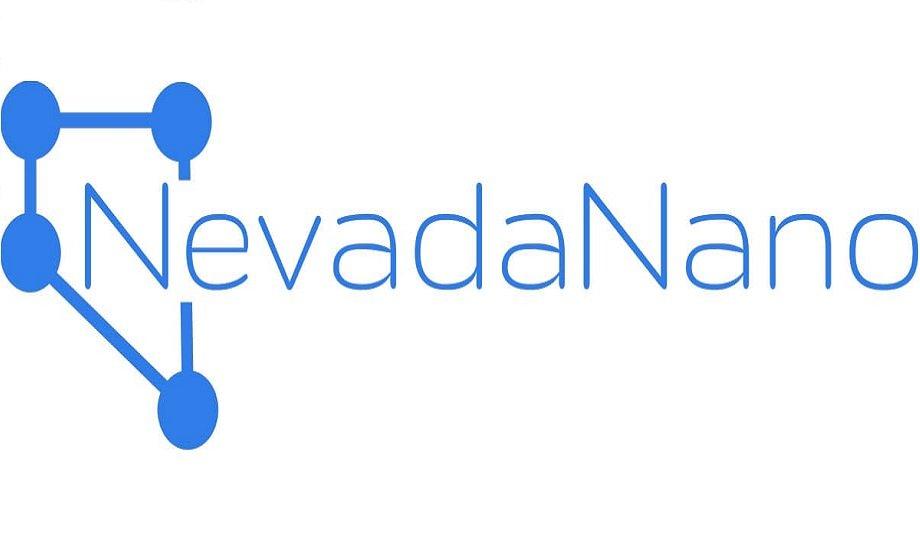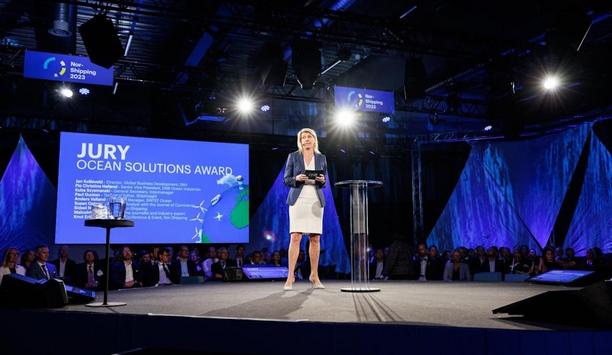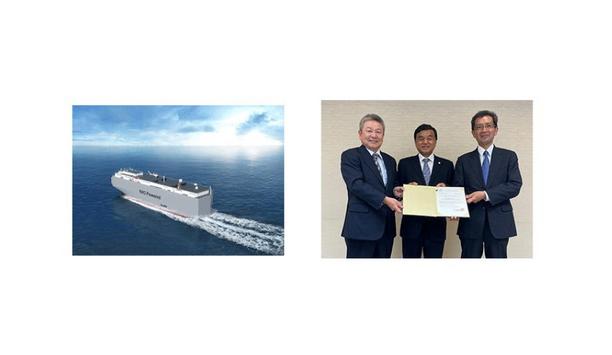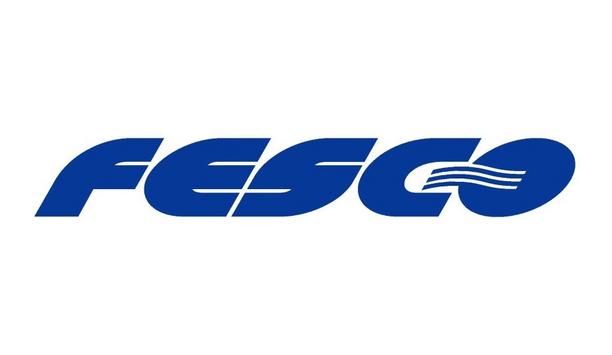NevadaNano, the innovator in gas detection sensor technology, announced a partnership with Recom Industrial in Genova, Italy, to deliver the Gas Point Safe Zone system, the world’s first Molecular Property Spectrometer™ (MPS™) fixed gas sensor for naval and shipyard environments.
The Gas Point Safe Zone MPS-driven detection system reduces maintenance costs and increases uptime, protecting workers in virtually any environment where flammable gas mixtures are present. In addition to marine applications, the new standalone Gas Point detectors are ideal for use in the petrochemical, agricultural, chemical, oil and gas, airline, and mining industries.
Gas detection solutions
Recom is setting the highest standard in performance, reliability, and accuracy that will help save lives"
“Recom Industrial has a proven track record in providing gas detection solutions across a wide range of industries and applications,” said Gary Collins, general manager, EMEA, for NevadaNano.
“By integrating our MPS sensor technology, Recom is setting the highest standard in performance, reliability, and accuracy that will help save lives and ensure business operations continue without interruption.”
Robust and accurate sensors
Using MPS sensors, a single Gas Point detection tool quickly detects and precisely quantifies more than12 different types of gases and mixtures, improving safety conditions. Those who work in a work environment at risk can rely on a single, extremely reliable device to warn promptly of the onset of danger.
Unlike traditional models, the MPS sensor requires only a standard factory calibration eliminating the need for periodic field calibration for up to five years. With built-in compensation for temperature, pressure, and humidity, the gas sensor can detect methane and combustible gas with exceptional accuracy even in rapidly changing environmental conditions, minimising false positives. Based on microelectromechanical system (MEMS) technology, the gas sensor device is very robust and immune to drift, decay, or poisoning.











